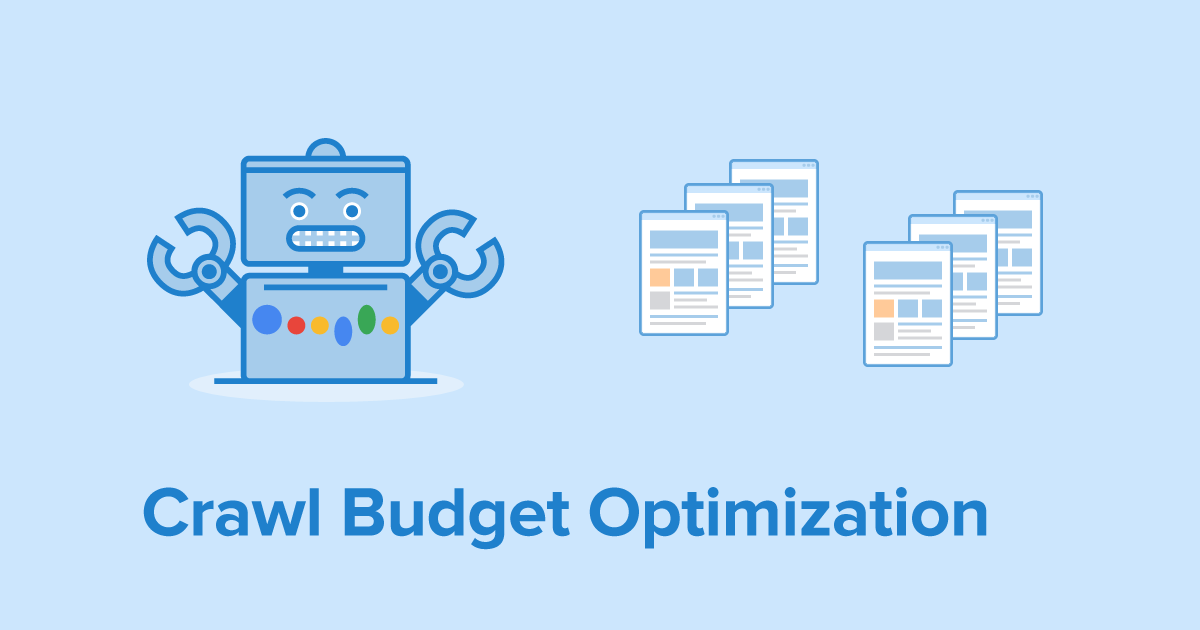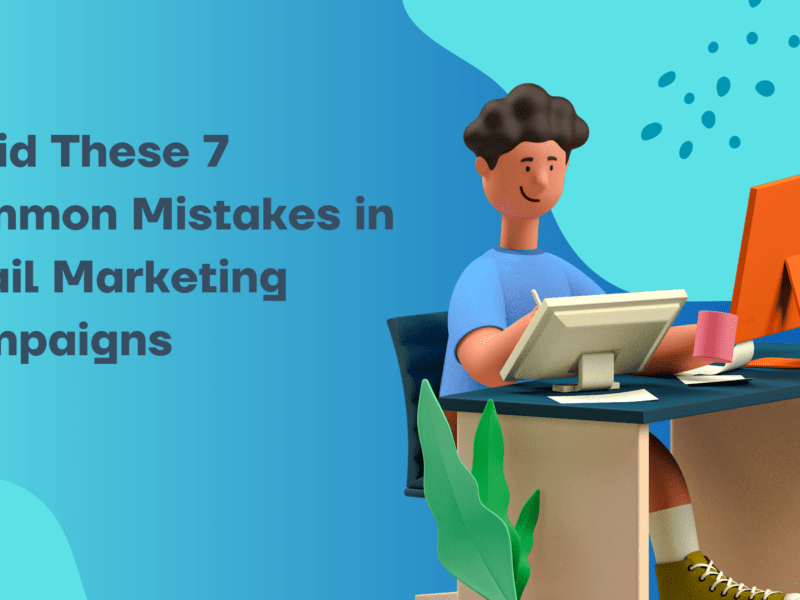Optimizing your website’s crawl budget is a crucial aspect of enhancing your SEO performance. Crawl budget refers to the number of pages search engines crawl on your site during a given period. By efficiently managing your crawl budget, you can ensure that search engines focus on indexing your most important pages, leading to improved visibility and rankings. Here are some key strategies to optimize your website’s crawl budget for better SEO performance:
Improve Site Speed:
Search engines allocate crawl budget based on the speed and responsiveness of your website. A fast-loading site not only enhances user experience but also encourages search engine bots to crawl more pages efficiently. Optimize images, leverage browser caching, and minimize server response time to boost site speed.
Create an XML Sitemap:
An XML sitemap acts as a roadmap for search engines, guiding them to important pages on your site. By submitting a comprehensive XML sitemap to search engines, you can ensure that they prioritize crawling and indexing your key content, thus maximizing your crawl budget.
Fix Crawl Errors:
Regularly monitor your website for crawl errors using tools like Google Search Console. Addressing crawl errors promptly ensures that search engines can crawl your site without encountering obstacles, preventing wastage of your crawl budget on inaccessible pages.
Optimize Internal Linking:
Strategic internal linking helps search engines discover and index your content more effectively. By interlinking relevant pages within your site, you can distribute your crawl budget efficiently and ensure that all important pages are crawled and indexed.
Remove Duplicate Content:
Duplicate content can confuse search engines and waste your crawl budget on redundant pages. Identify and consolidate duplicate content to streamline the crawling process and prevent search engines from indexing multiple versions of the same content.
Prioritize High-Quality Content:
Focus on creating high-quality, unique content that provides value to your audience. Search engines prioritize crawling and indexing valuable content, so investing in quality content can help maximize your crawl budget allocation.
Monitor Crawl Activity:
Regularly monitor your website’s crawl activity using tools like Google Search Console or Bing Webmaster Tools. Analyzing crawl reports can help you identify crawl trends, detect issues affecting crawlability, and make informed decisions to optimize your crawl budget.
Optimize URL Structure:
A clear and logical URL structure makes it easier for search engines to navigate and crawl your site efficiently. Use descriptive, keyword-rich URLs and avoid complex parameters to improve crawlability and ensure that search engines can index your content effectively.
Implement Structured Data:
Incorporating structured data markup on your website helps search engines understand the context of your content better. By providing structured data, you can enhance the visibility of your pages in search results and potentially increase your crawl budget allocation.
Regularly Update and Refresh Content:
Fresh and updated content signals to search engines that your site is active and relevant. Regularly updating and refreshing your content encourages search engines to crawl your site more frequently, maximizing your crawl budget for indexing new and updated pages.
By implementing these strategies to optimize your website’s crawl budget, you can enhance your SEO performance, increase visibility in search results, and drive organic traffic to your site. Prioritize efficient crawl budget management as part of your SEO strategy to ensure that search engines effectively crawl and index your content, ultimately boosting your online presence and driving business growth.
Common Crawl Budget Wasting Factors:
- Slow Page Speed:
- Slow-loading pages consume more crawl budget as search engine bots spend more time fetching and rendering content.
- Actionable Strategy: Optimize your website’s speed by minimizing server response times, compressing images, and reducing page load times to improve crawl efficiency.
- Duplicate Content:
- Having duplicate or near-duplicate content across your website can waste crawl budget as search engine bots crawl multiple versions of the same content.
- Actionable Strategy: Implement canonical tags, 301 redirects, and use the rel=”canonical” attribute to consolidate crawl equity and prevent wastage of crawl budget.
- Thin or Low-Quality Content:
- Pages with thin or low-quality content may not be deemed valuable by search engine bots, leading to inefficient crawling of your website.
- Actionable Strategy: Focus on creating high-quality, relevant content that provides value to users, and remove or improve pages with thin or low-quality content to optimize crawl budget.
Avoiding Common Crawl Budget Wasting Factors:
- Conduct a Crawl Budget Audit:
- Use tools like Google Search Console to analyze your website’s crawl budget and identify any inefficiencies or wasting factors.
- Regularly monitor crawl errors, crawl stats, and crawl coverage reports to identify areas for improvement.
- Optimize Site Structure and Navigation:
- Maintain a logical site structure and internal linking hierarchy to ensure that search engine bots can navigate your website easily.
- Create XML sitemaps and submit them to search engines to provide a roadmap of your website’s content.
- Prioritize Content Accessibility:
- Ensure that important pages are easily accessible to search engine bots by removing any barriers or obstacles that may hinder crawling and indexing.
- Avoid using complex navigation menus, JavaScript-based content, or Flash elements that may impede crawling.


